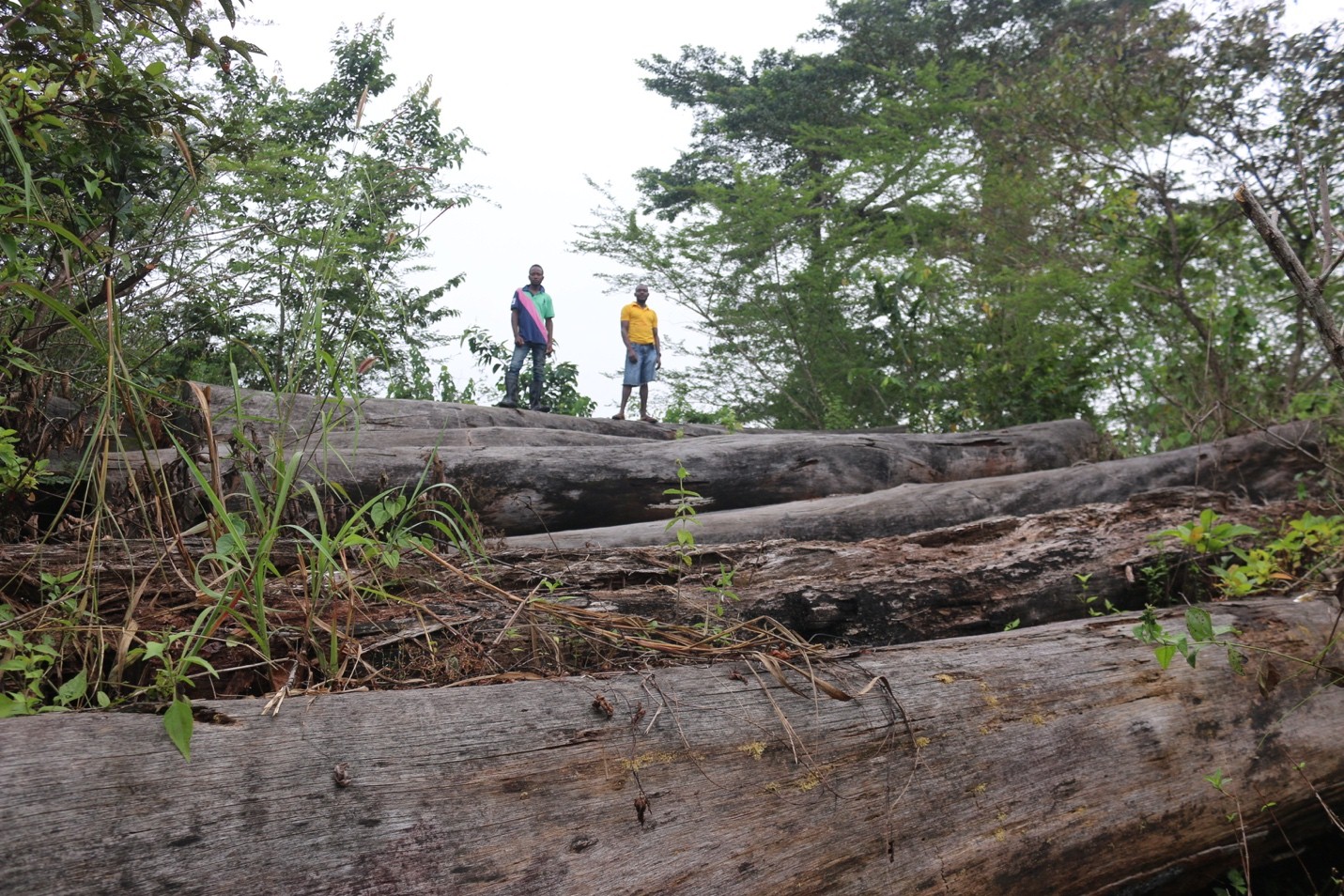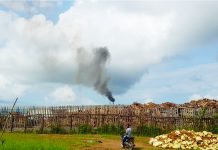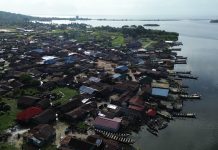Banner Image: A pile of logs left to rot as part of infamous private use permit scandal of 2013 that rocked the Liberian forestry sector. The DayLight/James Harding Giahyue
By Ojuku S. Kangar
MONROVIA – A panel of 12 legal experts from around the world have arrived at a definition of “ecocide,” a step closer in the quest of campaigners and environmentalists to make it the fifth international crime.
The panel, convened by the Stop Ecocide Foundation of the Netherlands, defined ecocide as an “unlawful or wanton acts committed with knowledge that there is a substantial likelihood of severe and widespread or long-term damage to the environment being caused by those acts.”
It comes as the world tackles climate change, with global calls for action against actions detrimental to the world and its people, including deforestation in the Amazon and global plastic pollution.
The definition of the term rings a bell in Liberia, a country with a long history of land-grab, concession-related human rights abuses and a deadly civil war fueled by lust for forest resources.
Advocate for ecocide placed it alongside war crimes, crimes against humanity, genocide and crime of aggression if member-states of the International Criminal Court adopt it. It will require one of the court’s 123 member-states, including Liberia, to formally request consideration of a fifth crime within the court’s jurisdiction. That process could take years to be finalized. It would also be the first new international crime since the 1940s when Nazi leaders were prosecuted at the Nuremberg trials.
“This is an historic moment. This expert panel came together in direct response to a growing political appetite for real answers to the climate and ecological crisis,” said Jojo Mehta, chair of the Stop Ecocide Foundation. “The moment is right – the world is waking up to the danger we are facing if we continue along our current trajectory.”
“I welcome this definition, as it makes the term ecocide more concrete and clear, it also makes it a lot easier for me as a politician and a lawmaker to find support for criminalization of it,” said Rebecka Le Moine, member of Swedish Parliament, who initially approached the Stop Ecocide Foundation with a request for a definition of ecocide.
The keywords simplified by the 12 panels from its definition include, “wanton,” which they defined as “reckless disregard for damage, which would be clearly excessive in relation to the social and economic benefits, anticipated.” “Severe” means damage, which involves very serious adverse changes, disruption or harm to any element of the environment, including grave impacts on human life or natural, cultural or economic resources.” “Widespread” means damage, which extends beyond a limited geographic area, crosses state boundaries; or is suffered by an entire ecosystem or species or a large member of human beings.” “Long-term” means damage, which is irreversible or which cannot be redressed through natural recovery within a reasonable period of time, and Environment means the earth, its biosphere, cryosphere, lithosphere, hydrosphere and atmosphere, as well as outer space.”
The panel included Senegalese lawyer Dior Fall Sow (co-chair); human rights attorney and author Philippe Sands (co-chair); Kate Mackintosh, executive director of the Promise Institute for Human Rights, UCLA School of Law; and Richard J, Rogers, a partner at Global Diligence and executive director of Climate Counsel (U.K.). Members included Alex Whiting, a former International Criminal Court prosecutions coordinator and professor at Harvard Law School, and Valérie Cabanes, an International jurist and human rights expert from France.





Facebook Comments